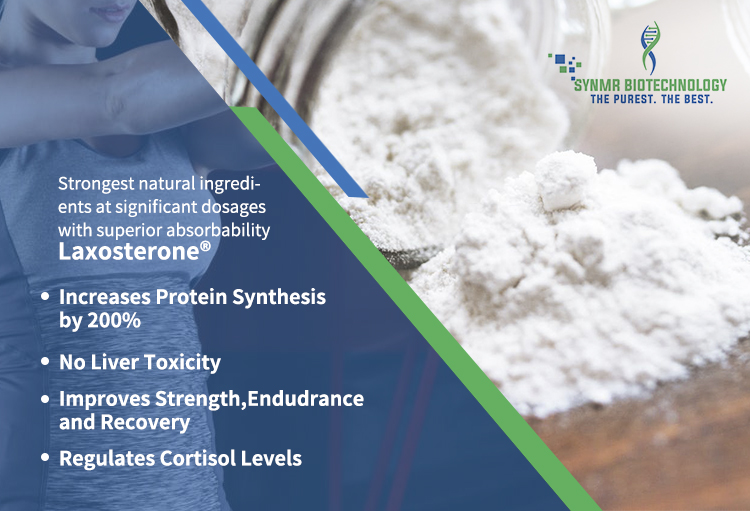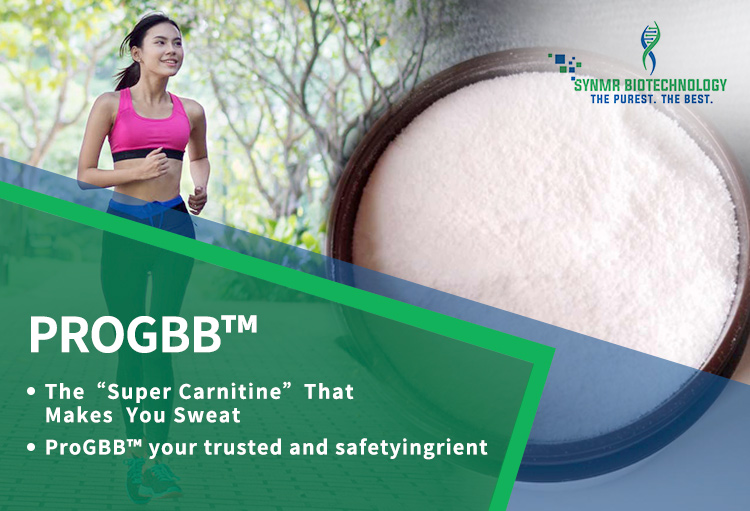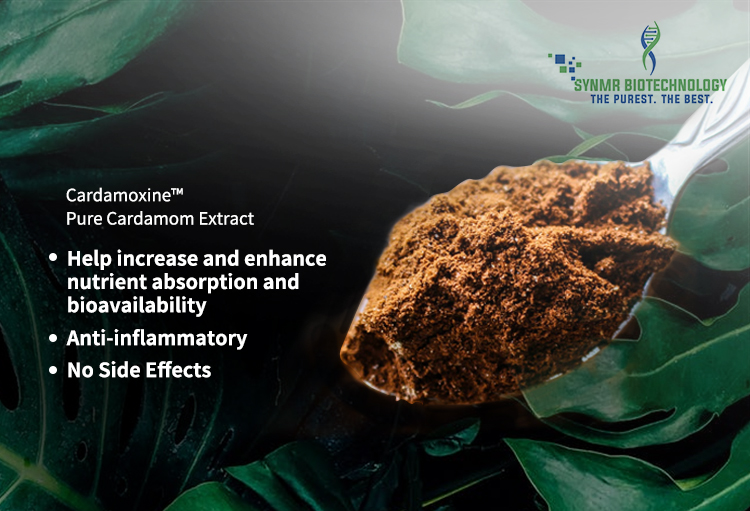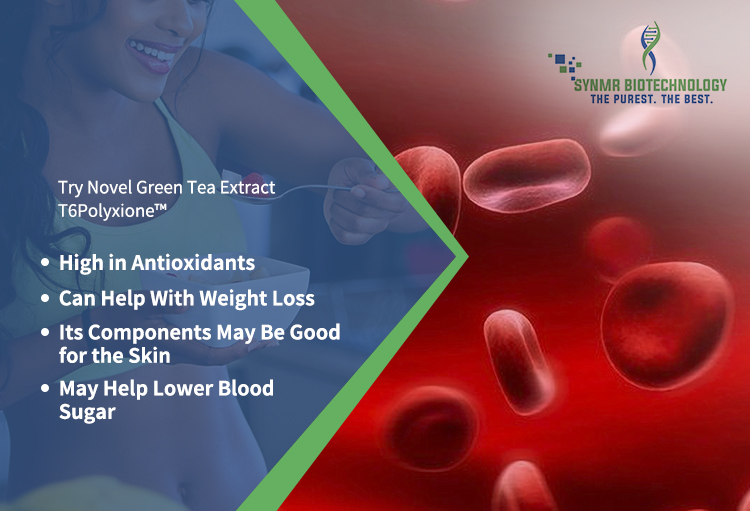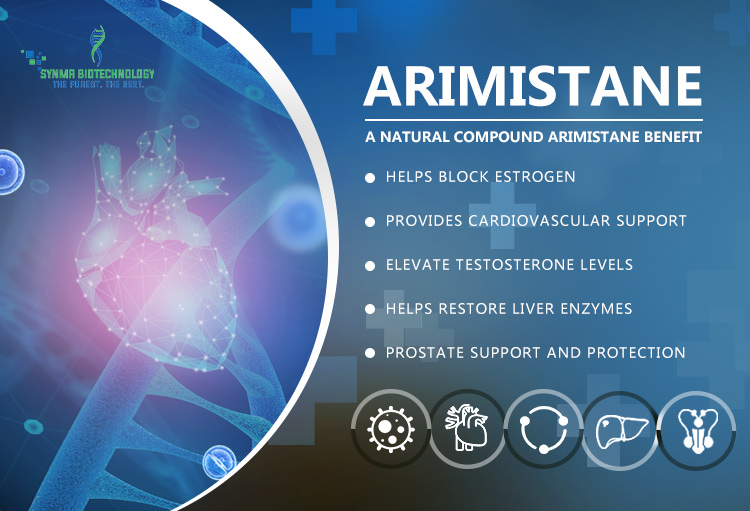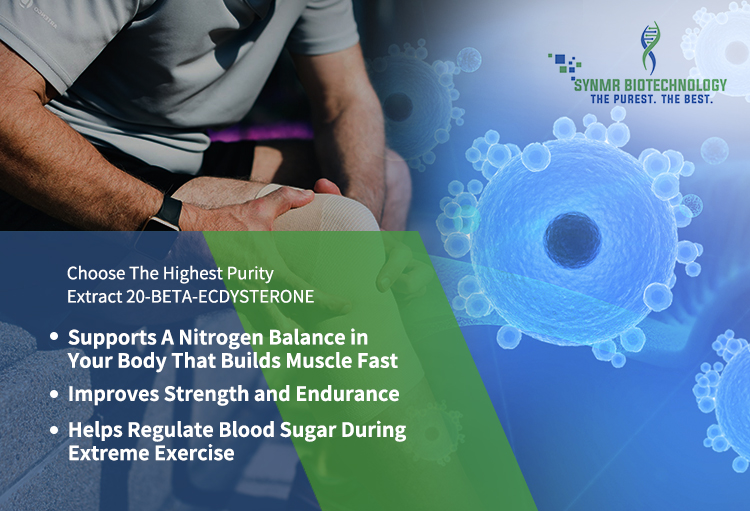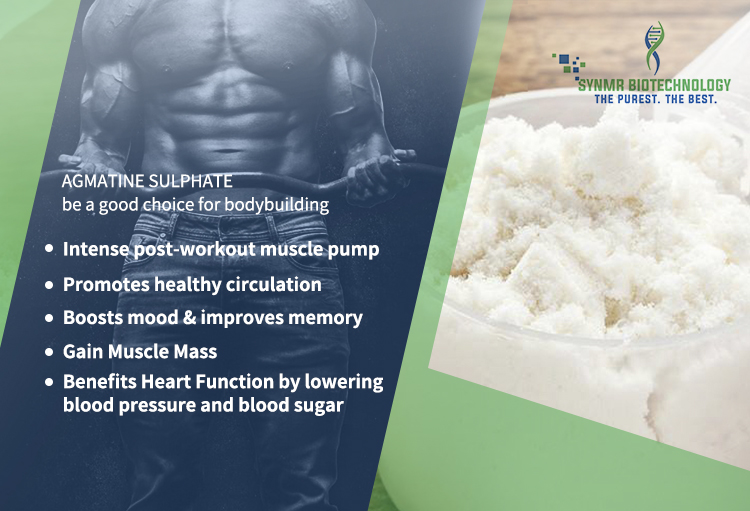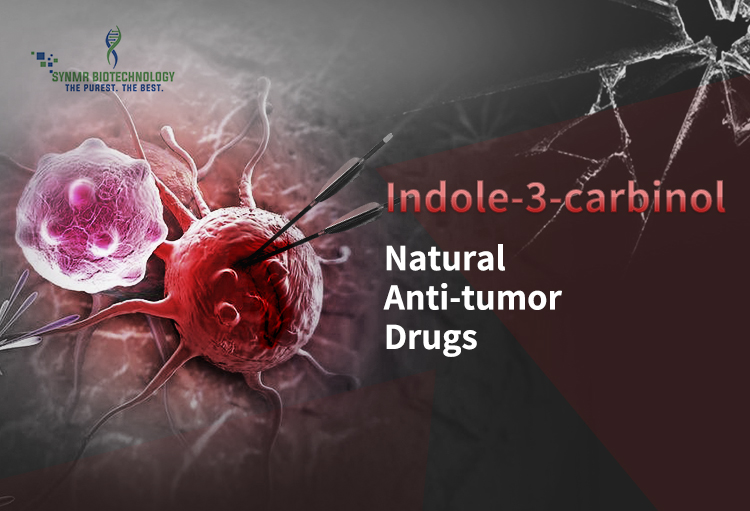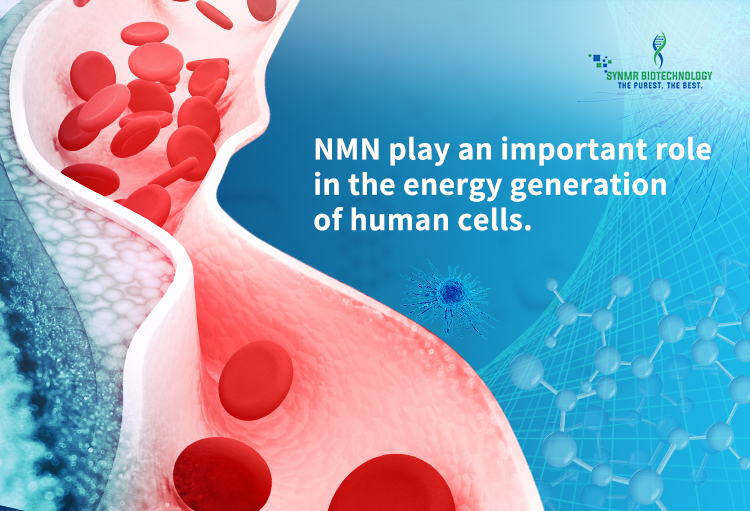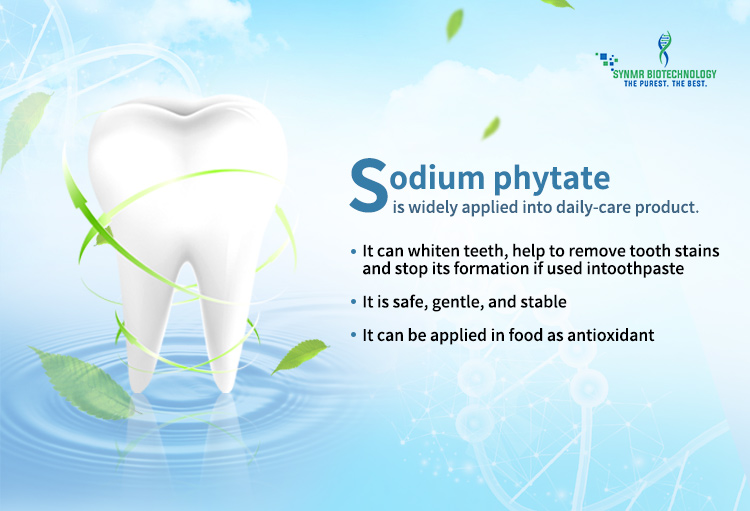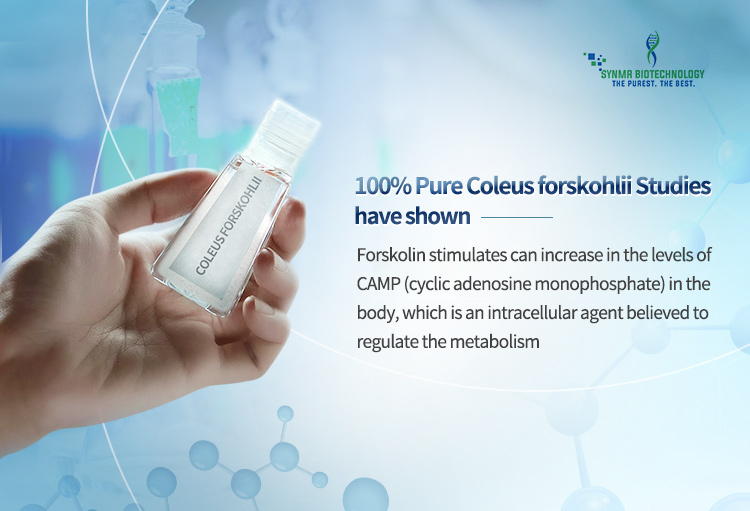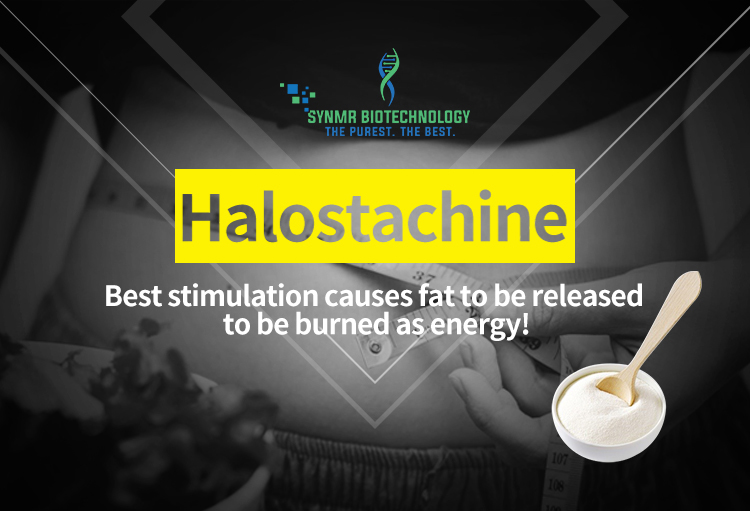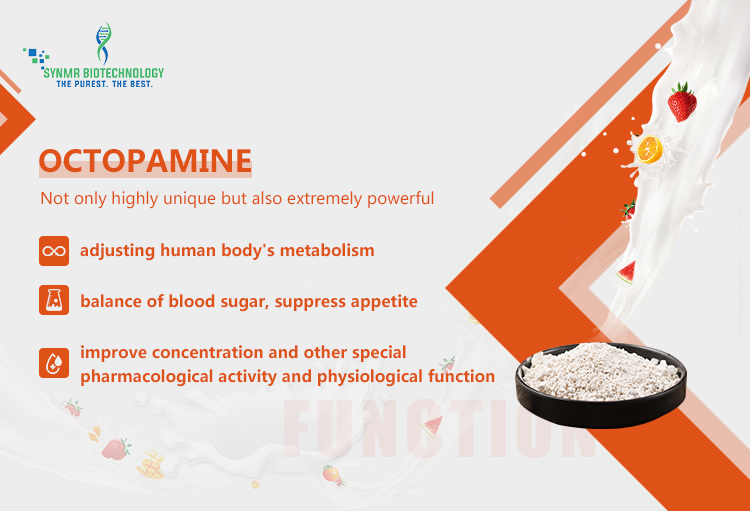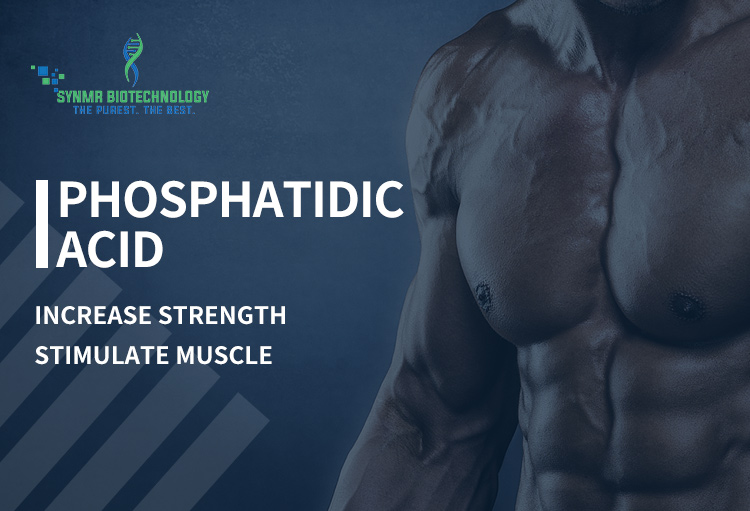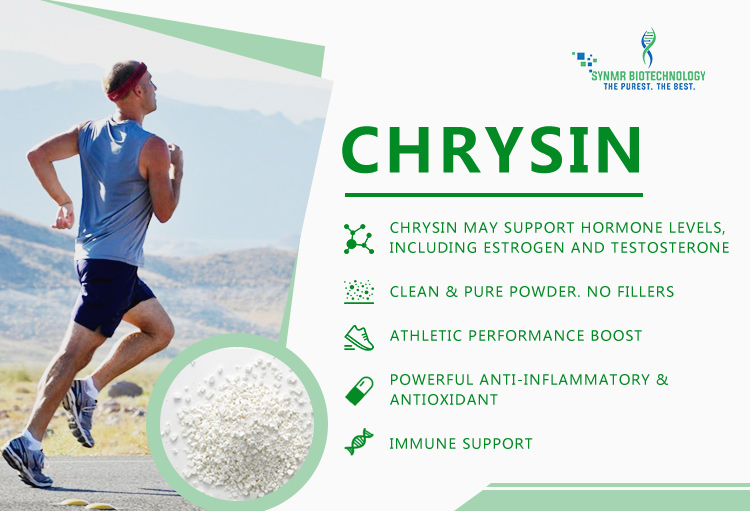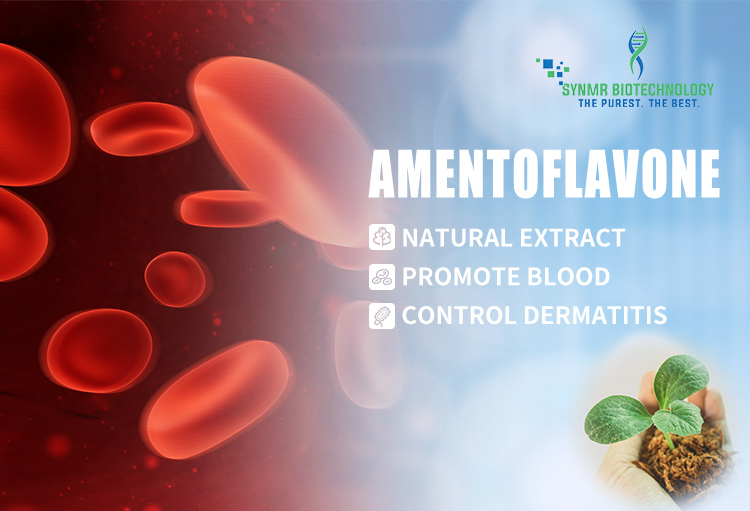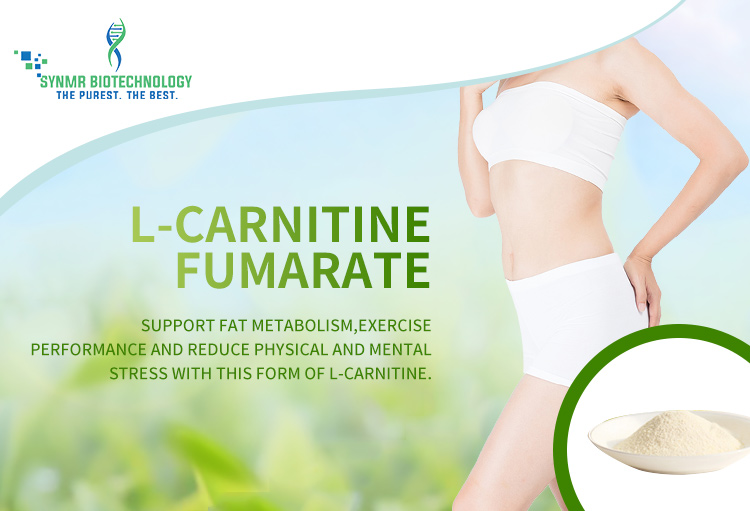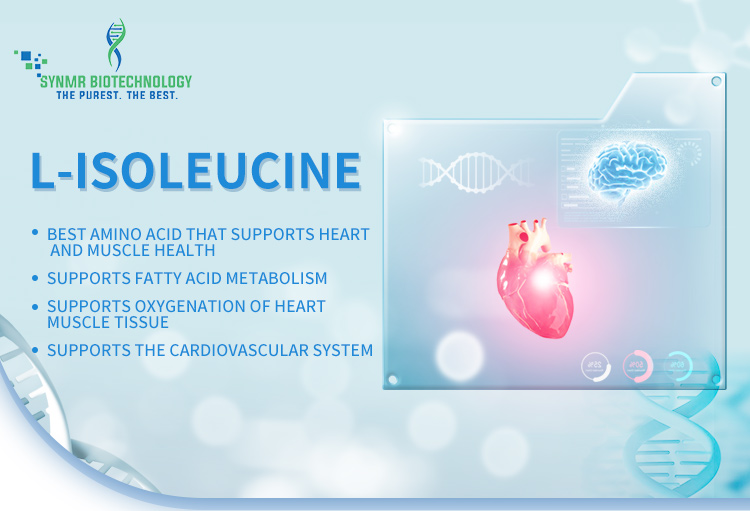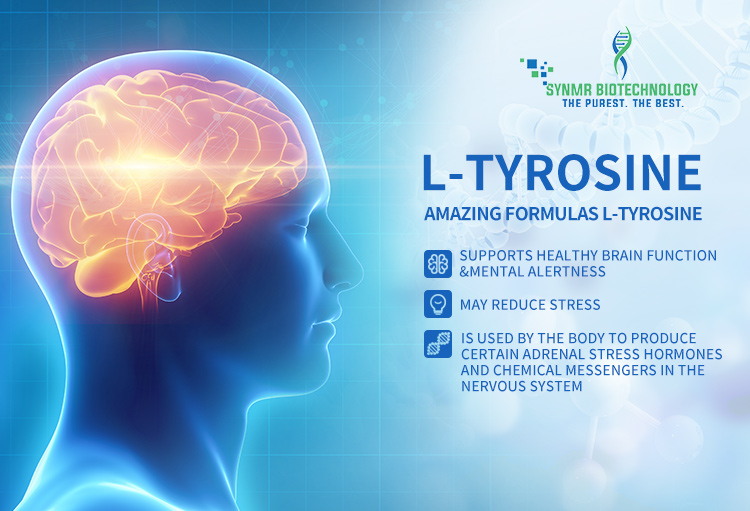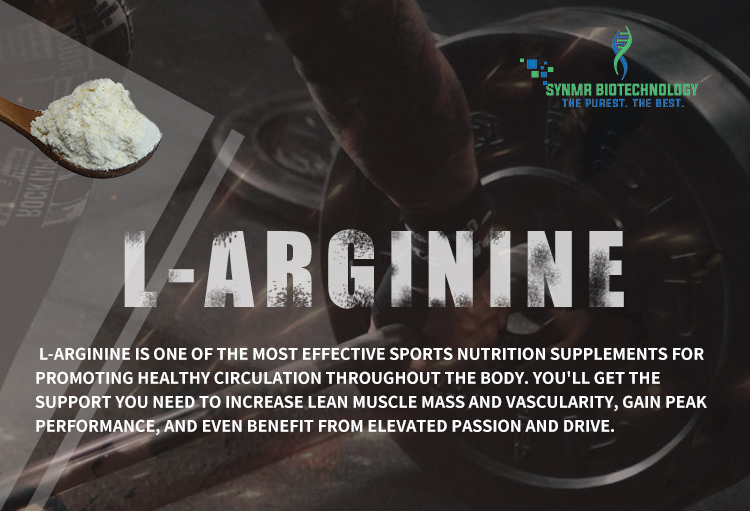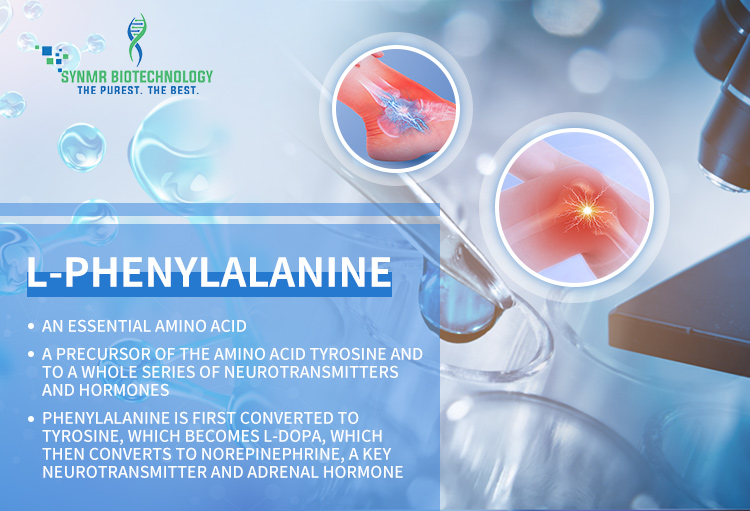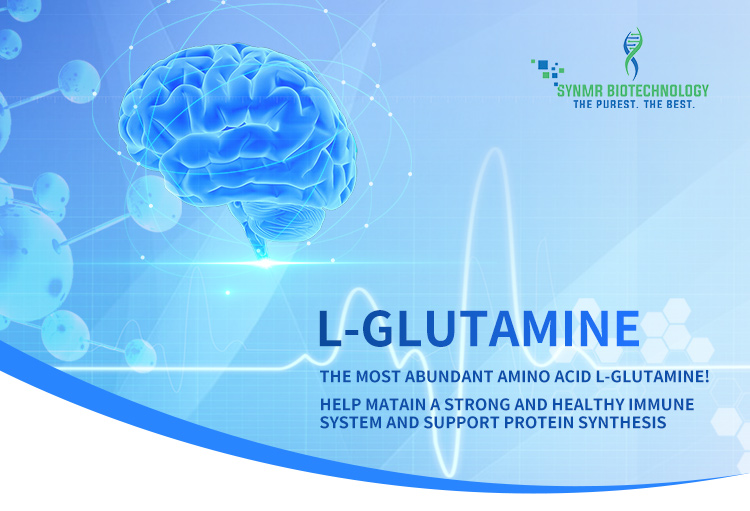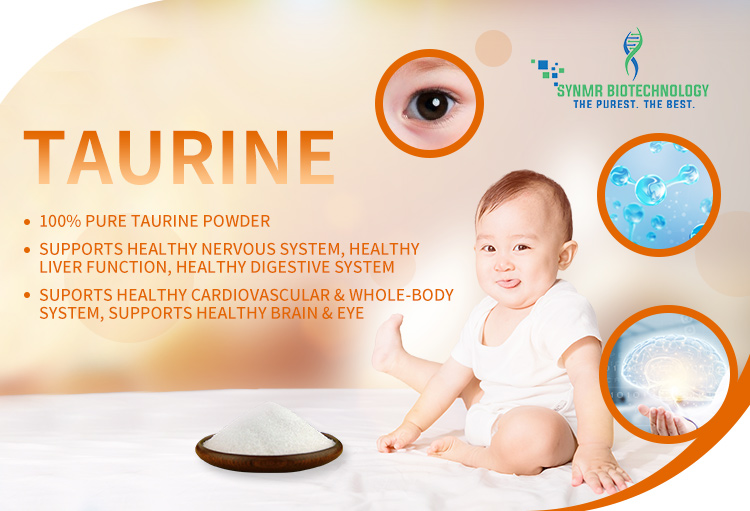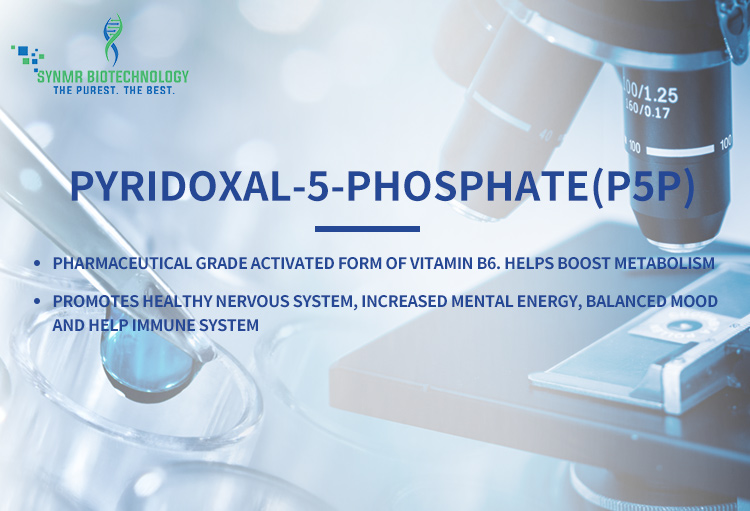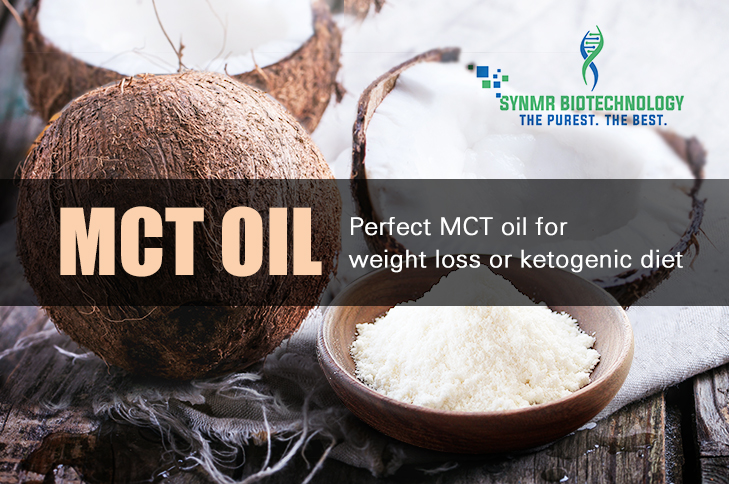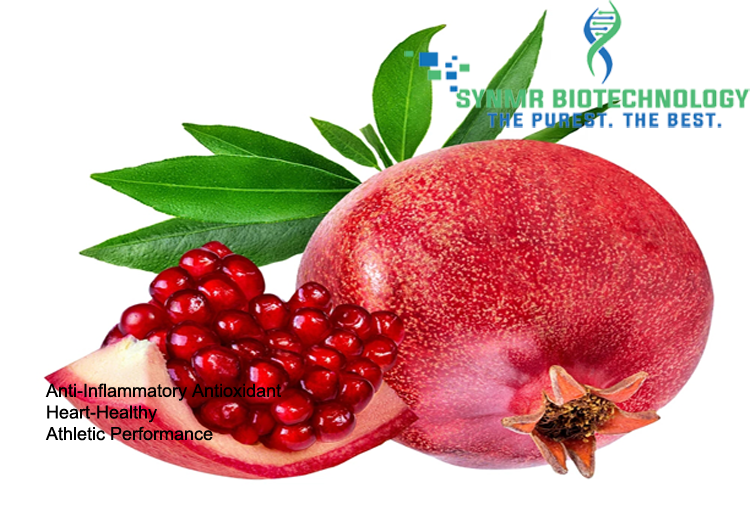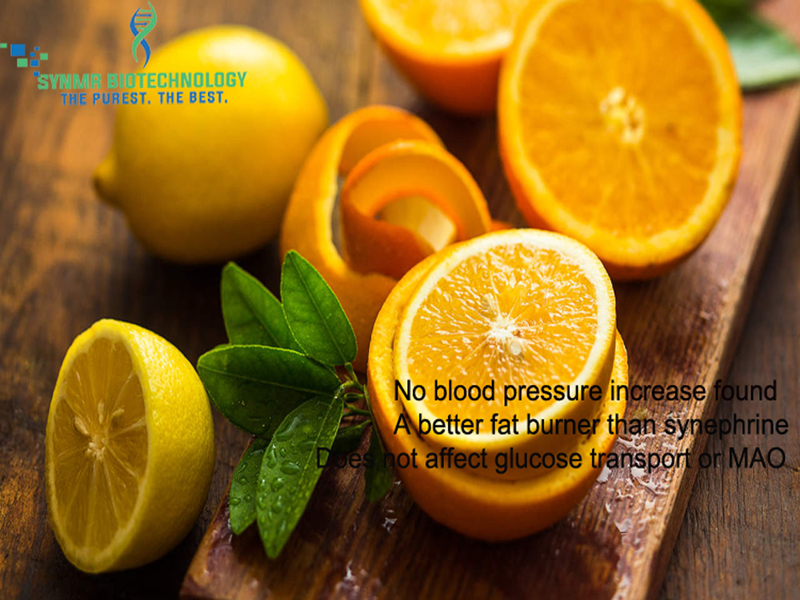What is Leucine?
Leucine is one of the three branched chain amino acids and sometimes referred to as the 'main' amino acid due to the most popular benefit of BCAAs (muscle building) being mostly due to leucine. Leucine is an activator of the protein known as mTOR, which then induces muscle protein synthesis via S6K; the other two BCAAs may also activate mTOR, but are much weaker than leucine in doing so (and as such, 5g of leucine will be more effective than 5g mixed BCAAs). The leucine metabolite, HMB, is also weaker than leucine at inducing muscle protein synthesis despite being more effective at preserving lean mass from breakdown.
Leucine is a tad different from the other two BCAAs isoleucine and
valine as leucine seems to have a fair bit of testing on the amino acid
in isolation rather than in a BCAA mixture, whereas the other two BCAAs
are not as well studied.
The studies assessing leucine mostly look at muscle protein synthesis when additional leucine is added to the diet or to a test meal, and it appears that leucine is able to reliably increase muscle protein synthesis after test meals. Whether this results in more lean mass over a period of time is somewhat less reliable though, and leucine appears to be more effective at promoting gains in muscle in people with lower dietary protein intake and in the elderly (who tend to have impaired muscle protein synthesis in response to the diet).
The interactions of leucine on glucose are not clear, to be honest. Leucine possesses both blood sugar reducing properties (can release insulin from the pancreas, can directly stimulate glucose uptake into a cell without insulin) but also the opposite (via stimulating S6K, it can inhibit insulin-stimulated glucose uptake). In a cell culture, leucine stimulates glucose uptake for up to 45 minutes and then hinders itself while in living systems acute doses of leucine do not appear to do anything remarkable (some limited evidence that leucine can be rehabilitative in diabetes, but this is preliminary). Isoleucine is a more potent hypoglycemic agent, but to less inhibition of its own actions.
What is the dosage of Leucine?
Leucine tends to be supplemented in the 2,000-5,000mg range for acute usage.
It tends to be taken either in a fasted state or alongside meals with an
inhernetly low protein content (or protein sources that are low in
leucine).



